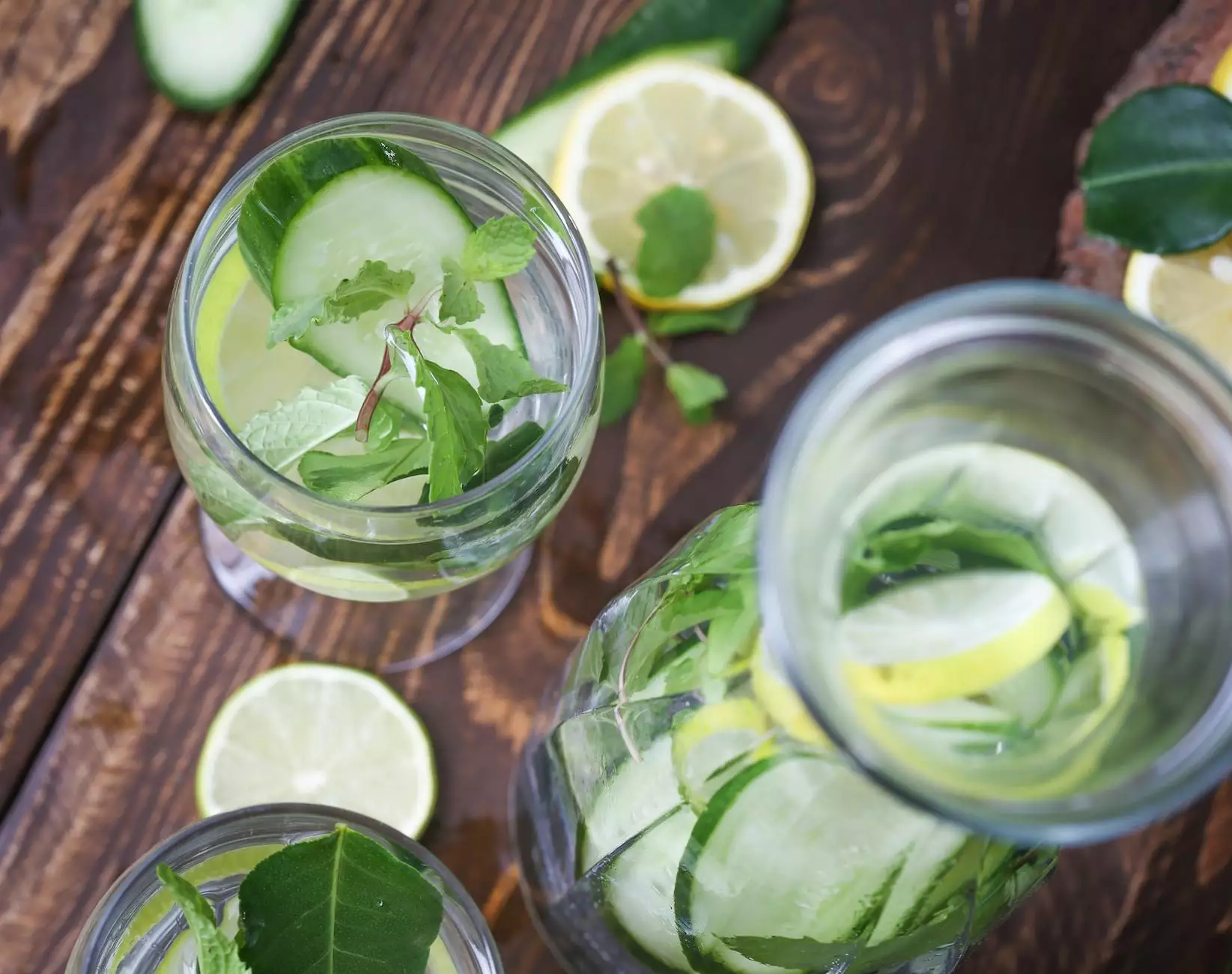Understanding Equine Injection: Enhancing the Health of Our Beloved Horses

The world of equine health is as vast and complex as the majestic animals it serves. Among the many practices in equine veterinary medicine, equine injection stands out as a critical component in ensuring the well-being and performance of these magnificent creatures. In this comprehensive guide, we delve into the intricacies of equine injections, their benefits, types, and best practices for horse owners and caregivers alike.
The Importance of Equine Injections in Horse Care
Injections are a cornerstone of veterinary medicine for horses. They serve various purposes, from preventing diseases to managing pain and enhancing performance. Understanding the importance of these practices is essential for any horse owner.
- Preventative Health: Vaccination through injections helps protect horses from various infectious diseases that can have severe consequences.
- Pain Management: Therapeutic injections can relieve pain and inflammation from conditions such as arthritis, ensuring horses remain active and comfortable.
- Performance Enhancement: Certain injections can improve athletic performance by targeting specific health issues, helping horses maintain peak condition.
Types of Equine Injections
Various types of injections are utilized within equine veterinary care, each serving distinct purposes and requiring different techniques. Understanding these types can help owners make informed decisions about their horses' healthcare.
1. Vaccinations
Vaccination is perhaps the most recognized form of equine injection. Vaccines stimulate the horse's immune system to fight infections, providing protection against diseases such as:
- Equine Influenza
- Tetanus
- West Nile Virus
- Eastern and Western Equine Encephalomyelitis
- Strangles
Annual or biannual vaccinations are typically recommended, depending on the horse’s lifestyle and exposure risks.
2. Therapeutic Injections
These injections are used to address specific health issues or manage pain. Common therapeutic injections include:
- Joint Injections: These commonly contain corticosteroids or hyaluronic acid to reduce inflammation and manage chronic joint conditions.
- Intravenous (IV) Injections: Administered directly into the bloodstream for rapid effects, often used for certain medications or fluids.
- Intramuscular (IM) Injections: Delivered into muscle tissue, suitable for certain vaccines and medications.
3. Reproductive Injections
In the world of breeding, equine injections play a vital role. Hormonal injections can assist in regulating the reproductive cycles of mares, improving fertility rates and successful breeding outcomes.
Benefits of Equine Injections
The benefits of administering equine injections are clear and multifaceted, promoting overall health and wellness in horses. Here are several key benefits:
1. Disease Prevention
Regular vaccinations protect horses from potentially life-threatening diseases. A well-planned vaccination schedule can help prevent outbreaks within stables or farms, safeguarding not only individual horses but entire populations.
2. Improved Quality of Life
Therapeutic injections can significantly enhance a horse's quality of life. Pain relief from joint issues or muscle injuries allows horses to return to their natural activities, whether that's competing, working, or simply enjoying time outdoors.
3. Enhanced Performance
In competitive settings, performance-enhancing injections can help horses recover from injuries more quickly and perform at their best during competitions. However, it is important to ensure that any performance-enhancing treatments are ethical and align with show regulations.
Best Practices for Administering Equine Injections
Administering injections requires skill and knowledge to minimize discomfort and ensure effectiveness. Here are some best practices for horse owners and caregivers:
1. Consult with a Veterinarian
Always work closely with a qualified veterinarian to determine the appropriate vaccinations and treatments for your horse. Personalized healthcare plans are essential for optimizing health outcomes.
2. Ensure Proper Technique
Injections should be administered with the correct technique to reduce pain and avoid complications. Follow these guidelines:
- Choose the Right Needle Size: Ensure the needle is appropriate for the medication and the horse's size.
- Clean the Injection Site: Use antiseptic techniques to minimize infection risks.
- Inject at the Correct Angle: Different injection types require specific angles for administration.
3. Monitor the Horse Post-Injection
After administering injections, observe the horse for any adverse reactions or side effects. Common post-injection checks include examining the injection site for swelling and monitoring the horse's behavior and appetite.
Understanding the Cost of Equine Injections
The cost of equine injections can vary greatly depending on several factors, including:
- Type of Injection: Vaccines are generally less expensive compared to therapeutic medications.
- Veterinarian Fees: Professional vet services will incur additional costs.
- Frequency of Administration: Regular vaccinations or repeated treatments can add up over time.
Budgeting for equine healthcare, including injections, is essential for maintaining your horse's health without compromising on the quality of care.
Addressing Common Concerns and Misconceptions
Many horse owners may have questions or concerns about equine injections. Let’s address some of the common misconceptions:
1. Are Injections Painful?
While there may be some discomfort associated with injections, proper technique and administration can minimize pain. Most horses endure injections well, especially with familiarity and positive experiences.
2. Can I Administer Injections Myself?
While some horse owners may feel comfortable administering vaccinations, it is recommended to have a veterinarian handle all injections, particularly therapeutic ones, to ensure safety and correct technique.
3. Are All Vaccines Necessary?
The necessity of vaccines can depend on various factors, including the horse's lifestyle, breed, and health history. Consult your veterinarian to determine the best vaccination schedule for your horse.
Conclusion
In summary, equine injection plays a vital role in maintaining the health, vitality, and performance of our horses. From preventative vaccinations to therapeutic treatments, these practices are essential for any horse owner committed to the optimal care of their equine companions. By understanding the types, benefits, and best practices of equine injections, owners can make informed decisions that lead to healthier, happier horses.
For more information on equine injection and to ensure the best care for your horse, explore the resources available at Racehorse Med Care.









